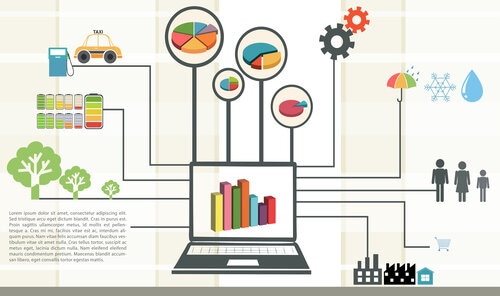


Chronic care management software has emerged as a powerful tool for improving the lives of patients with long-term health conditions.
Chronic care management software has emerged as a powerful tool for improving the lives of patients with long-term health conditions. By enabling remote monitoring, personalized treatment plans, and real-time data analysis, these platforms are transforming how chronic diseases like diabetes, hypertension, and COPD are managed. However, as the use of these tools grows, so do concerns about the ethics of data collection. How can we balance the benefits of data-driven care with the need to protect patient privacy and autonomy?
The Importance of Data in Chronic Care Management
Chronic care management software relies heavily on data to function effectively. This data can include:
By analyzing this data, healthcare providers can identify trends, predict potential health crises, and tailor interventions to individual patients. However, the collection and use of such sensitive information raise significant ethical questions.
Key Ethical Concerns
One of the most pressing ethical issues is ensuring the privacy and security of patient data. Chronic care management software often collects highly sensitive information, which, if breached, could lead to identity theft, discrimination, or other harms. Developers must implement robust encryption, access controls, and compliance with regulations like HIPAA and GDPR to safeguard this data.
Patients must be fully informed about what data is being collected, how it will be used, and who will have access to it. Obtaining informed consent is not just a legal requirement but also an ethical obligation. However, many patients may not fully understand the implications of sharing their data, raising questions about the validity of their consent.
Who owns the data collected by chronic care management software—the patient, the provider, or the software developer? Patients should have control over their data, including the ability to access, correct, or delete it. However, this is not always the case, leading to concerns about exploitation and misuse.
The algorithms used to analyze patient data can sometimes perpetuate biases, leading to unequal care for certain populations. For example, if a dataset primarily includes information from one demographic group, the software may not provide accurate recommendations for others. Ensuring fairness and inclusivity in data collection and analysis is crucial.
While chronic care management software can improve outcomes, over-reliance on technology may lead to the depersonalization of care. Patients may feel like their health is being reduced to data points, and providers may overlook the human element of caregiving.
Conclusion
Chronic care management software has the potential to revolutionize healthcare for millions of patients. However, its success depends on how well we navigate the ethical challenges of data collection. By prioritizing privacy, consent, fairness, and patient empowerment, we can harness the power of data while upholding the values that underpin ethical healthcare.
As technology continues to evolve, the conversation around data ethics must remain at the forefront. After all, the goal of chronic care management software is not just to collect data—it’s to improve lives.
